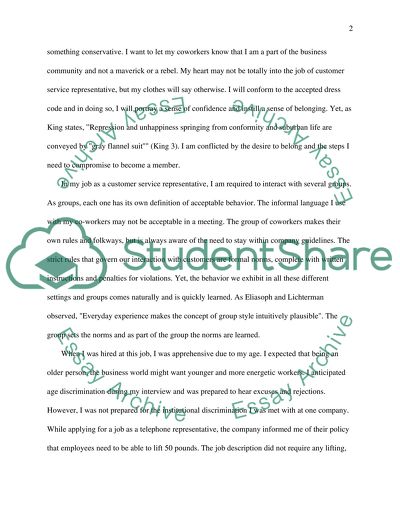Cite this document
(The Everyday Sociologist Essay Example | Topics and Well Written Essays - 2250 words, n.d.)
The Everyday Sociologist Essay Example | Topics and Well Written Essays - 2250 words. https://studentshare.org/sociology/1499675-the-everyday-sociologist
The Everyday Sociologist Essay Example | Topics and Well Written Essays - 2250 words. https://studentshare.org/sociology/1499675-the-everyday-sociologist
(The Everyday Sociologist Essay Example | Topics and Well Written Essays - 2250 Words)
The Everyday Sociologist Essay Example | Topics and Well Written Essays - 2250 Words. https://studentshare.org/sociology/1499675-the-everyday-sociologist.
The Everyday Sociologist Essay Example | Topics and Well Written Essays - 2250 Words. https://studentshare.org/sociology/1499675-the-everyday-sociologist.
“The Everyday Sociologist Essay Example | Topics and Well Written Essays - 2250 Words”. https://studentshare.org/sociology/1499675-the-everyday-sociologist.


